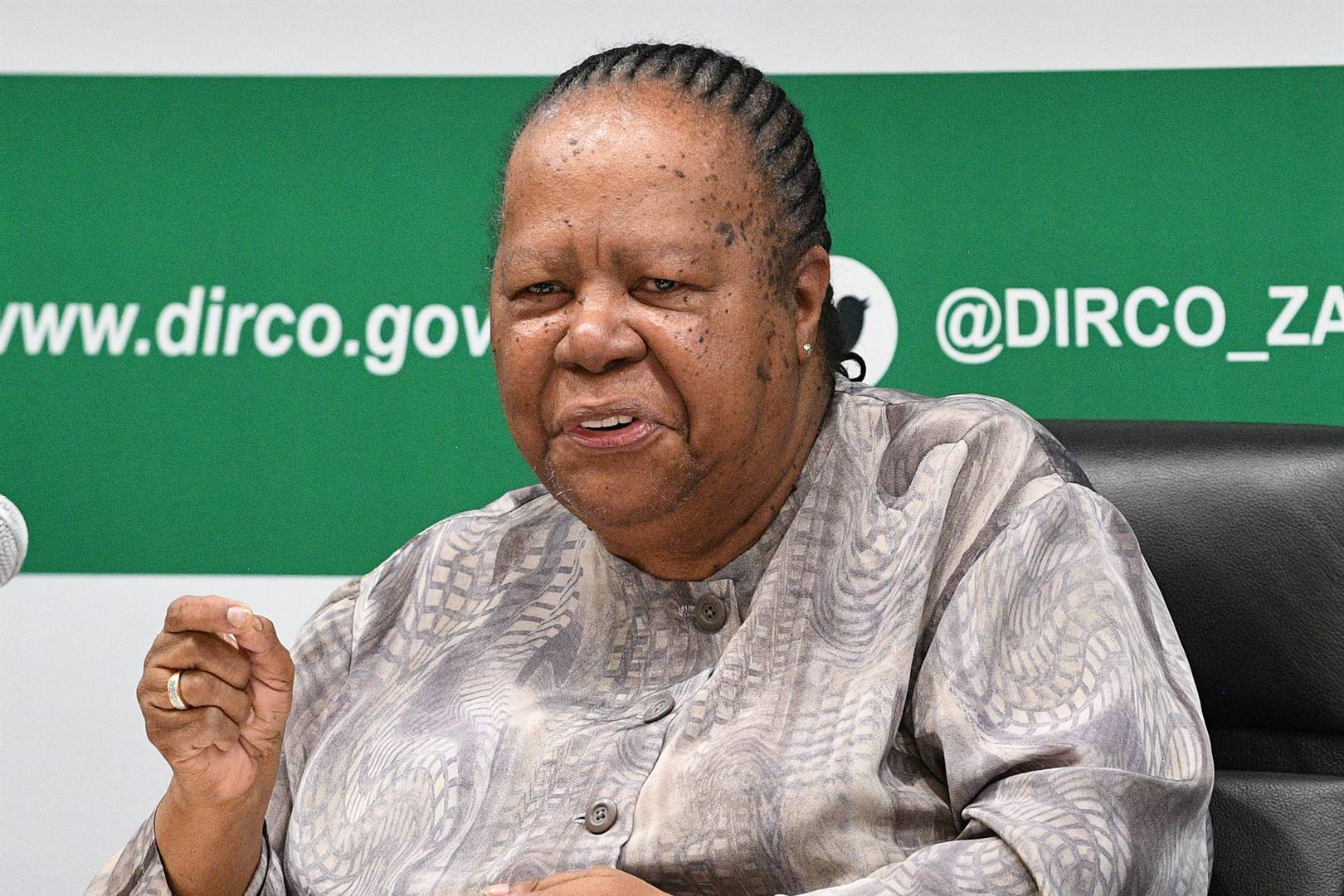- China rolls out stimulus measures to boost ailing economy
- Op-ed: The UK's budget problems date back to the 2008 financial crisis
- Property stocks in Hong Kong rally on mortgage stimulus
- Mainland China stocks notch best day in four years, soar over 4% on PBOC policy easing
- Oil prices rise on concerns of wider Middle East conflict, U.S. storm

Op-ed: The UK's budget problems date back to the 2008 financial crisis
British Prime Minister Keir Starmer reacts as he meets with Defence Secretary John Healey and Member of the House of Lords George Robertson at 10 Downing Street on July 16, 2024 in London, England.
Over the past few weeks, economic news from the U.K. has heavily focused on the state of British national finances and how they might impact both the British public and the prospects for economic growth.
A number of accusations and denials have flown between the rival Labour and Conservative parties over the state of the country's budget deficit, particularly between current and former finance ministers Rachel Reeves and Jeremy Hunt.
Regardless of how the U.K. fiscal situation stands now, it is clear that the current shortfalls are both years in the making and run the risk of having consequences that could last for years to come. The ultimate dilemma facing Labour now is that the country cannot produce enough revenue to close systemic shortfalls without sustained economic growth, but it also cannot create economic growth without real investment, both from the public and private sectors.
In many ways, the current fiscal situation dates back to the financial crisis of 2008 and the fact that the country's economy was unable to snap back readily to close the budget shortfalls that occurred then.
When U.K. revenues failed to recover, the Conservative government of the time chose to implement austerity measures, temporarily cutting back on public investment in everything ranging from infrastructure to public health and social services.

- September 23, 2024
Stolen IGP car among 5 vehicles recovered in Kenya

- September 23, 2024
Busoga University lecturing despite licence revocation

- September 23, 2024
Namutumba leaders clash over Shs2m stadium cash

- September 24, 2024
Who are the possible beneficiaries of DP Gachagua's troubles?


- September 23, 2024
How new policing model saved two children from kidnappers

- September 24, 2024
DP Gachagua's impeachment talks reveal little sympathy for him

- September 24, 2024
‘Ghost Names’ removed from government payroll thanks to Ghana Card – Bawumia


- September 24, 2024
Edo poll: My mandate brazenly stolen, claims Ighodalo
Subscribe to our mailing list to get the new updates!

Subscribe our newsletter to stay updated
Thank you for subscribing!




